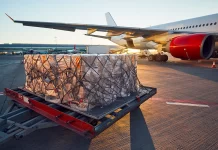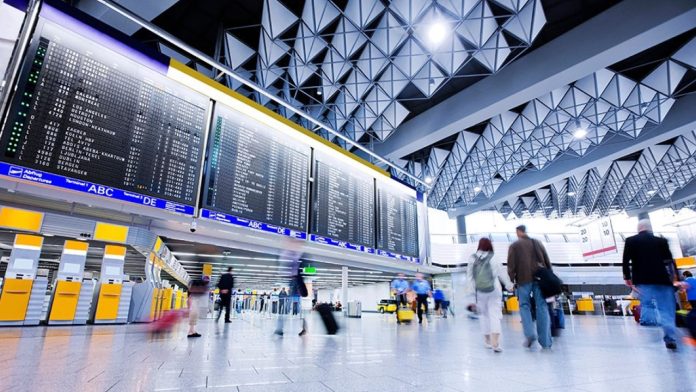As airports worldwide invest in automation, biometrics, self-service, and personalized commercial services, terminal layouts must evolve to keep pace. The traditional airport model—featuring rows of check-in counters, static security zones, and inefficient passenger flow—is rapidly becoming obsolete. To meet these changing demands, airports require seamless integration of smart technology and intelligent design to reduce congestion and optimize space.
Recognizing this need, SITA, a global leader in air transport technology, has acquired CCM, a Milan-based company renowned for designing and creating cutting-edge airport interiors. This strategic acquisition aims to redefine airport spaces, merging technology with world-class design to create future-ready environments.
CCM is recognized for high-quality Italian airport design, collaborating with top architects to deliver functional, stylish, and efficient traveler experiences. Now, with SITA’s expertise in passenger processing, baggage handling, and AI-driven operations, the acquisition marks a new era of technology-driven airport design.
“This isn’t just about expanding airports—it’s about reimagining them,” said David Lavorel, CEO of SITA. “With CCM’s design expertise, we are transforming airports to maximize existing space, optimize passenger flow, and create flexible, tech-enabled environments that evolve with the industry’s needs.”
SITA’s leadership in airport automation means it is uniquely positioned to address the industry’s growing need for space efficiency and passenger-centric layouts. Rather than relying on outdated check-in counters and static infrastructure, the company envisions adaptive spaces that enhance the travel experience while increasing capacity.
“Airports aren’t just transit points; they are integral parts of a journey,” Lavorel continued. “By integrating technology with modern architectural solutions, we are building the next generation of airports—spaces that are efficient, intelligent, and designed for both passengers and staff.”
Sergio Colella, President, Europe at SITA, emphasized the importance of aligning technology and design in airport transformation.
“The industry needs a fundamental shift—where technology and space planning work together to create smarter, more adaptable airport environments,” he said. “That’s why bringing CCM into the SITA family is a game-changer. By combining SITA’s expertise in airport operations with CCM’s design and space optimization, we offer a truly unique ‘technology by design’ approach, delivering end-to-end integration from concept to execution.”
For over 35 years, CCM, under the leadership of the Marinoni family, has designed and executed projects in more than 300 airports worldwide. Now, with SITA’s advanced solutions in biometrics, AI, and self-service technology, this partnership will provide fully integrated, tech-driven airport environments—a capability previously unavailable in the market.
According to the SITA 2024 Air Transport IT Insights Report, 63% of airports are prioritizing investments in biometrics, mobile apps, and self-service technologies, with IT spending surging to $8.9 billion. However, these investments can only maximize efficiency if airports are physically designed to support them.
“Technology alone won’t solve congestion,” Lavorel explained. “We need smarter layouts, frictionless movement, and infrastructure that evolves with technological advancements.”
Following the acquisition, Monica Oberti, a member of the founding Marinoni family, has been appointed interim CEO of CCM. With decades of experience in large-scale space transformation, Oberti is set to lead the company through its integration with SITA.
“For too long, airports have had to choose between efficiency and passenger experience,” Oberti stated. “Now, they don’t have to. By joining forces with SITA, we are finally combining smart technology with intelligent design to reshape airports for the future.”
SITA and CCM are rapidly working to integrate their expertise, ensuring seamless service for existing customers while unlocking new opportunities for airport transformation.
With projects already underway—including the development of dynamic terminal spaces, personalized passenger experiences, and more efficient security and check-in areas—this partnership positions SITA and CCM at the forefront of the next era in global airport innovation.
As airports face unprecedented technological and operational shifts, this acquisition ensures they are not just adapting—but leading the way into the future.
















